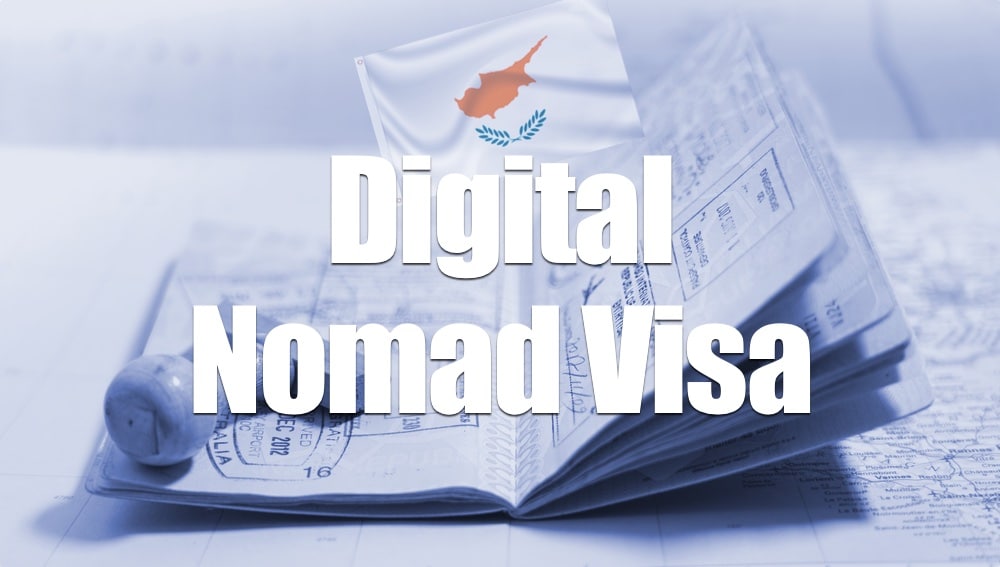The rise of remote work has catalyzed the growth of the digital nomad lifestyle, enabling professionals worldwide to live and work from any location. With the digital workforce on the rise, governments globally have responded by developing “digital nomad visas” to cater to this increasingly mobile population. Designed to provide legal status for remote workers residing in foreign countries, digital nomad visas are becoming a significant asset for both nations seeking to boost their economies and workers eager for cultural immersion without the complexities of traditional work visas.
Contents
What is a Digital Nomad Visa?
A digital nomad visa allows remote workers, freelancers, or entrepreneurs to live in a foreign country while working for a company outside that nation. Unlike traditional visas, which often have strict work limitations, Digital nomad visa typically permit extended stays and offer tax incentives, sometimes without imposing local income taxes. With this visa, individuals can experience a new culture, learn a new language, and work from breathtaking locales—all while staying legally compliant with the host country’s residency and work regulations.
Why Countries are Adopting Digital Nomad Visas
Countries embracing the digital nomad visa see it as an innovative way to attract talent, generate revenue, and enrich their cultural landscapes. Digital nomads often spend considerably more than short-term tourists, contributing to local economies through accommodations, dining, entertainment, and services. Additionally, many nomads bring valuable skills, language diversity, and new perspectives to the local scene, fostering cross-cultural exchange.
Countries like Barbados, Estonia, and Portugal were early adopters, setting the stage for digital nomad programs that many other nations are now modeling. Since the COVID-19 pandemic, this list has expanded to over 25 countries, each with unique requirements and incentives tailored to different types of remote workers. Portugal, for example, offers a “temporary stay visa” for freelancers and entrepreneurs who meet minimum income requirements, while the Bahamas’ “BEATS” program permits remote workers to live in the islands for up to a year with a relatively simple application process.
Advantages of the Digital Nomad Visa for Remote Workers
- Extended Stay: Digital nomad visas often allow for longer residency periods, typically ranging from six months to two years, with renewal options. This longer stay means that remote workers can establish a temporary home base without worrying about tourist visa restrictions or needing to exit and re-enter the country frequently.
- Legal Work Status: In most countries, working on a tourist visa is illegal and can result in penalties or deportation. Digital nomad visa resolve this issue by offering a straightforward pathway to legally reside in the country while working remotely, ensuring compliance with local laws.
- Tax Benefits: Many digital nomad visas are designed with tax incentives, as some countries don’t impose income tax on remote workers who aren’t earning from local businesses. This makes it easier for nomads to work abroad without the burden of double taxation, though it’s essential to consult a tax advisor to understand specific implications.
- Enhanced Lifestyle: A digital nomad visa provides an opportunity to immerse oneself in a new culture, learn new languages, and explore diverse landscapes—all while earning an income. Living in a foreign country enriches both professional and personal experiences, creating memories and connections that short vacations can’t provide.
Requirements for a Digital Nomad Visa
Each country has distinct eligibility criteria for its digital nomad visa. However, typical requirements include:
- Proof of Income: Most countries require applicants to prove that they can financially support themselves. This is often a monthly minimum income, ranging from around $1,500 to $5,000, depending on the location.
- Valid Employment or Business: Since digital nomad visas are designed for remote workers, applicants must show they are employed by or operate a business outside the host country.
- Health Insurance: Many nations require digital nomads to have health insurance covering the entire duration of their stay to avoid healthcare burdens on the local system.
- Background Checks: Some countries may ask for police clearance or other background checks to ensure applicants have no criminal record.
Popular Digital Nomad Destinations
1. Portugal
Portugal’s Digital Nomad Visa has made it one of the top destinations for remote workers. With stunning coastlines, affordable living, and a vibrant digital community, Portugal’s visa offers long-term residency options and flexible income requirements, making it a prime destination for freelancers and entrepreneurs.
2. Barbados
Barbados’ “Welcome Stamp” visa allows remote workers to stay for up to 12 months in the Caribbean paradise, offering an idyllic environment to balance work and relaxation. With high-speed internet and an English-speaking populace, it’s an ideal choice for many U.S.-based digital nomads.
3. Estonia
Estonia, one of the first countries to embrace digital nomadism, offers a visa that allows remote workers to stay for a year. Estonia’s digital-savvy infrastructure and affordable living expenses have attracted a community of tech professionals and digital entrepreneurs to the Baltic region.
4. Georgia
The Eastern European country of Georgia offers a visa-free, one-year stay for remote workers from over 90 countries. With a low cost of living and welcoming locals, Georgia is quickly becoming a hotspot for digital nomads in search of affordability and unique cultural experiences.
The Future of Digital Nomad Visas
As remote work becomes more widely accepted, the digital nomad visa trend is likely to continue growing. For countries with struggling tourism industries, these visas present a means of reinvigorating local economies without the costs associated with traditional immigration. In a digital-first world, they allow countries to attract high-earning professionals and offer visitors the chance to experience a deeper connection with their surroundings.
With potential expansions in eligibility and flexibility, digital nomad visas are paving the way for a future where international borders hold less importance for work-life boundaries. As more people are drawn to this lifestyle, we may see a new era of work mobility that could reshape how we think about living, working, and contributing globally.







